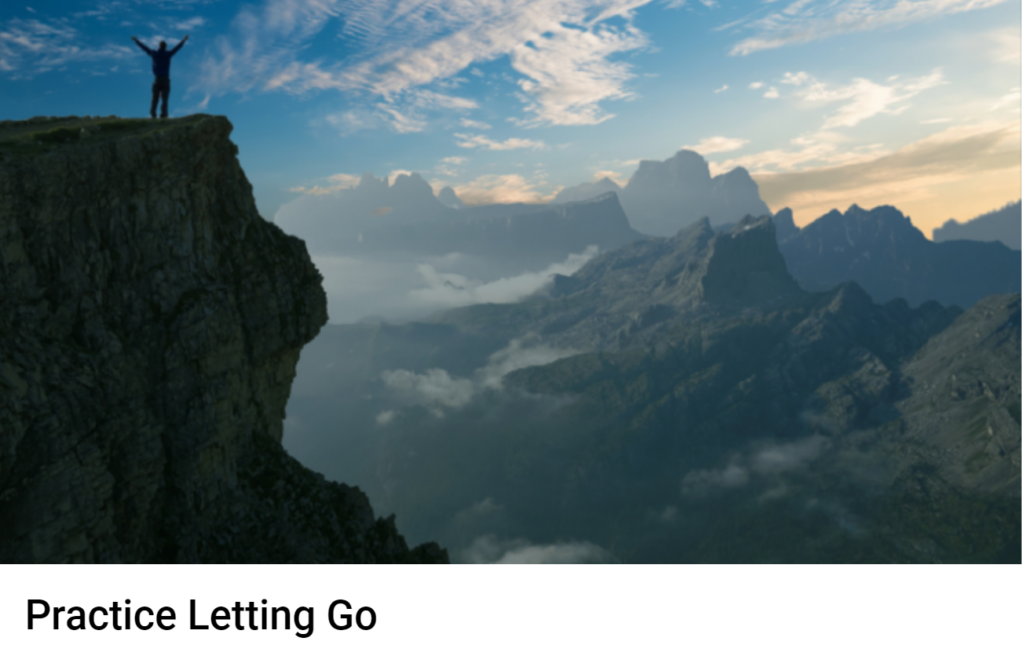
How many things have we hidden away in our memories, afraid to look at them, to bring them to the surface and disarm them by facing them and seeing that they are not as bad as we thought? And if we look at them with Jesus at our side, it is easier still because they are healed by his sharing the memories with us. We are sometimes so successful in suppressing what we do not want to remember that to our conscious mind the experience is as if it never happened. But it smolders beneath the surface, burning little holes in our will when we want to do something and find we cannot do it. If we let Jesus share these memories with us, they lose all their power to scare us into inactivity. And this healing process frees us from the past.
— from the book Song of the Sparrow: New Poems and Meditations by Murray Bodo, OFM
//Franciscan Media//









